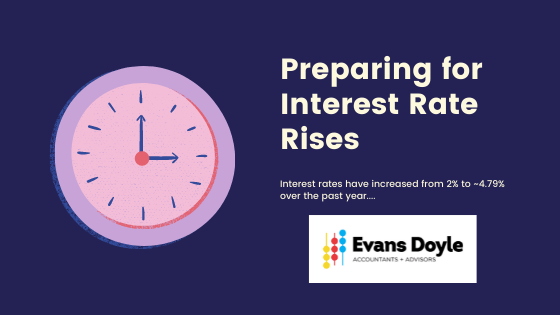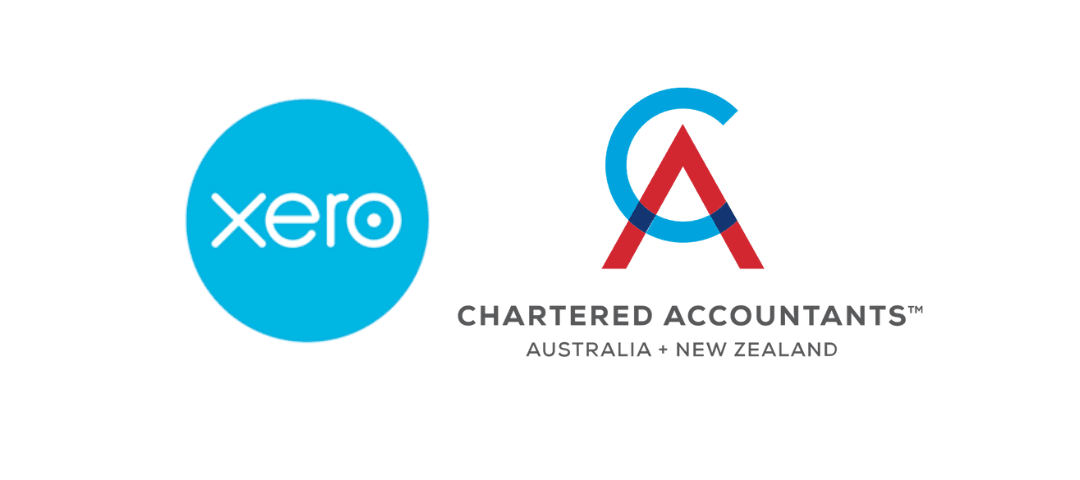Interest rates have increased from 2% last year to floating rates of 4.79% as of today. If your current mortgage is coming off a fixed term portion, you could be in for a surprise.
No one has a crystal ball, or where rates will be this time next year, or in a few years. The intention of this article is to start thinking about what effect this will have on you.
This article will outline some tips you can do to prepare and think about now:
Plan for the increase in interest costs. Calculate how much extra interest you will be paying and have a plan on how you will meet the increased cost. Will it come from a cut in spending elsewhere, reducing savings or other investments? If you are a rental property owner, is your rent aligned with market value?
Review your investments and mortgages. Interest costs are no longer deductible for new residential rental property investors (and being phased out for existing property owners). Does your investment in the rental property still achieve your goals? Or can you invest capital elsewhere (such as commercial property, shares, or other business investments) where interest is still deductible?
Consider replacing existing rental properties with new builds. Although this will not affect how much interest you pay, interest is deductible on new build rental properties. This may be the difference between paying $4-5k of tax per year and have significant cashflow benefits. Consider the costs to sell an existing property (mortgage break fees, tax on bright line sale, real estate agent fees etc.).
How much of your mortgage is currently floating on a higher rate of say 4.79% compared to a one-year rate of 3.65%? If you are not expecting to sell or make any major changes in the next year it may be worth considering fixing your loan. Of course, you still need to consider what the interest rate may be in one year’s time.
If you have a new build (rental property), consider the “new build” packages offered by ASB and ANZ. They currently offer a discounted floating rate of ~2.15% which is a significant discount to the market rate and may result in large savings.
Can you change from principal and interest (P&I) to interest only (IO)? Personally, I’m not a fan of this because it’s often used in a capital growth strategy (which I don’t think anyone can predict), however, it may provide more cashflow in the short term.
If you think interest rates will continue to increase in the next 6 months, can you break your existing loan now, to lock in a lower rate?
There is no right or wrong answer, or accurate forecast when it comes to interest rates. Often the Reserve Bank of NZ and economist are inaccurate. The information above is to try to prepare you as best as possible, and consider options that are available so that you can reach your goals.
Contact Us
Contact Tim Doyle or Jane Evans today to discuss your business continuity planning needs (or any other matter) on 07 823 4980 or email us. Our office is in Cambridge, NZ, but distance is no problem. We have many international and national clients.
This material has been prepared for informational purposes only, and is not intended to provide, and should not be relied on for, tax, legal or accounting advice. You should consult your own tax, legal and accounting advisors before engaging in any transaction.





